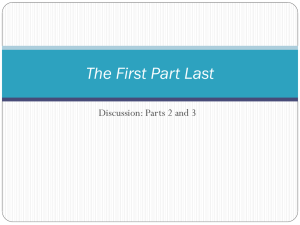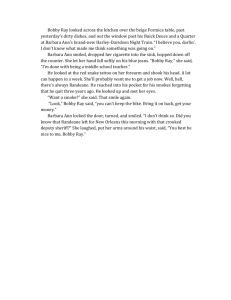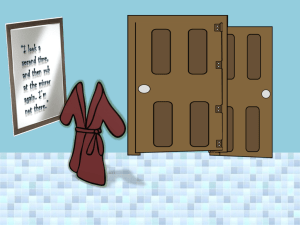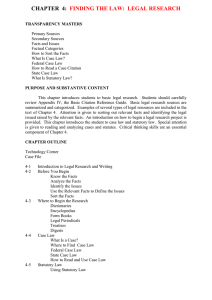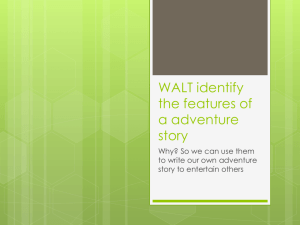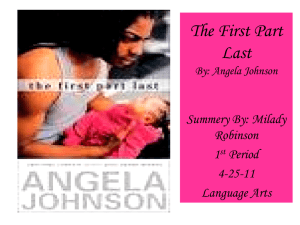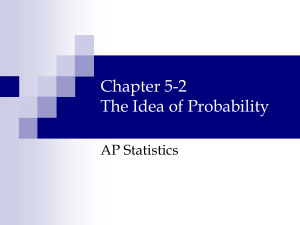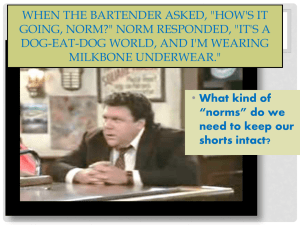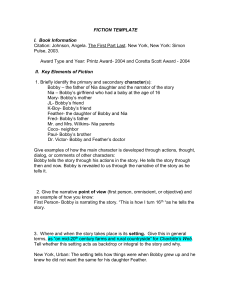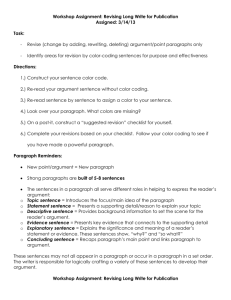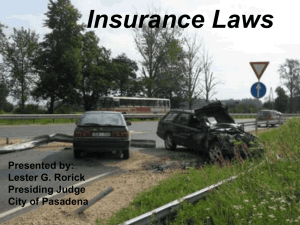Using Text Evidence to Support Inferences
advertisement
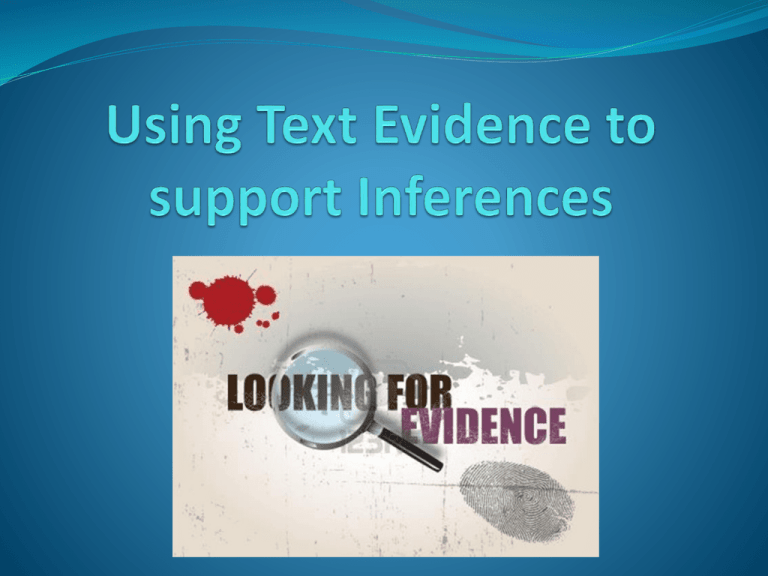
What do Good Readers Do? Good Readers use evidence from texts to support their inferences. They think about the setting, characters, and plot in their books. They form inferences based on what the author describes. Let’s practice! Example: Tim and Bobby were hot and sweaty as they sat outside the principal’s office. Dirt was smeared on both of their faces, and they could hear their teacher’s voice as she told the principal what happened on the playground. Tim sneered at Bobby, and Bobby returned the angry glare. What can you infer that Tim and Bobby were doing on the playground? What information is directly in the text? Evidence from text: • Tim and Bobby sat outside the principal’s office. • Dirt was smeared on both of their faces. • Tim sneered at Bobby, and Bobby returned the angry glare. Let’s practice again…. Let’s look at the story Thunder Cake. Listen to the story: http://www.youtube. com/watch?v=YhhtK GCsAyY Thunder Cake Turn back to minute 1:18. Look at the picture. What can you infer about the little girl? What evidence can you use? Use both the pictures and words. On this page I can infer that the girl is scared of thunder. The evidence is: * She is hiding under the bed. * Grandma says, “It’s only thunder!” What is an inference? An inference is something that you think is true based on information that you have. An inference is not directly written in the text. To make an inference, we use evidence from the text, and our prior knowledge Sometimes we have to “read between the lines.” Authors don’t always tell us everything. We need to use textual evidence and prior knowledge to understand the story better. Readers, as you read independently, remember to back up your inferences with text evidence. You must always PROVE your case! I am looking for textual evidence!
